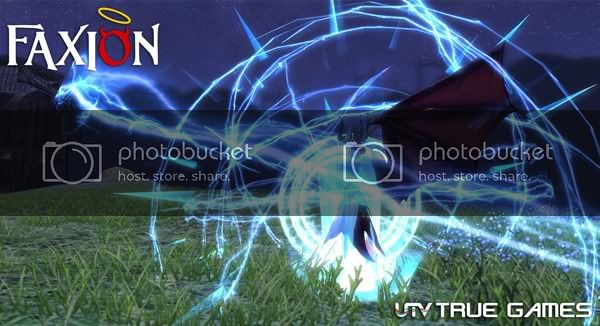Hello everyone,
I’ve been finding it bored modeling all day long and would like to eventually go into VFX. I’ve found the technical side to many things in the past to be fun and challenging, and I am actually an IT Tech and understand enough about computing as it is I believe.
However I am not a fully fledged programmer, nor advanced at maths but rather basic (which I heard only requires some algebra, subtraction/addition & multiplication). With basic maths, how far might I be able to go as a tech artist if at all?
I currently hold a cert 2 in basic 3D in Maya and just started attending the cert 4. Would anyone know of any books or dvds I could purchase to ease myself from my current level with Maya into the technical side with vfx?
I also heard that tech artists have many different rolls within many areas. I’d like to know if there’s certain tech artist specialization that one can choose, such as “Tech artist, spec in. blah & blah” and allowing another tech artist in their specialization do their part alongside you. If so, what type of categories are there? (maybe I should use the forum category page as a reference sheet for the time being).
Cheers.




 If we get a dedicated TA on the next project, it will be awesome!!
If we get a dedicated TA on the next project, it will be awesome!!